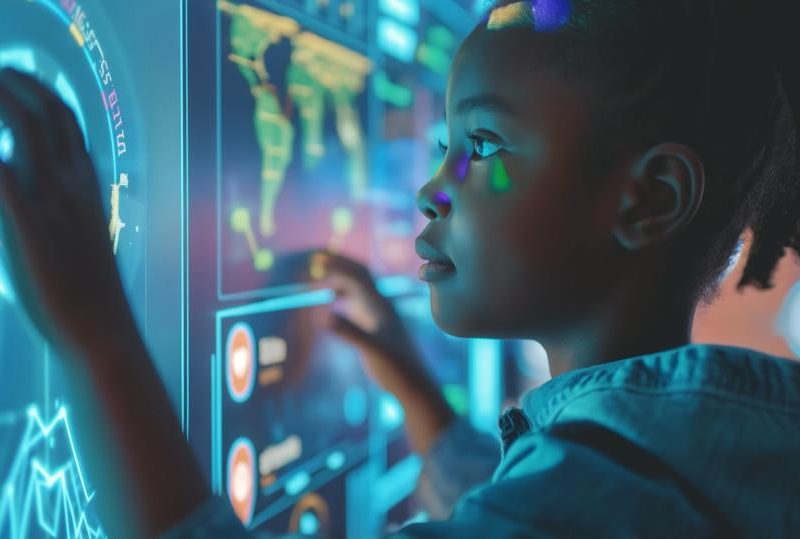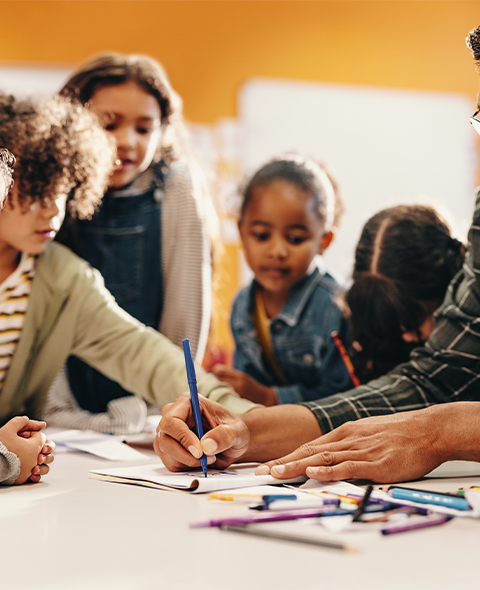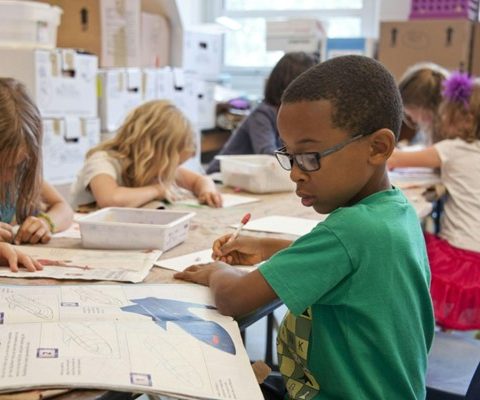In 2025, children’s education is being transformed by innovation, inclusivity, and emotional intelligence. As the world becomes more complex, schools are shifting away from rigid memorization and toward nurturing adaptable, thoughtful young minds. Here’s how modern education is helping kids thrive both in the classroom and beyond.
Learning That Adapts to Every Child
Gone are the days of one-size-fits-all teaching. With AI-powered platforms and personalized learning paths, children now receive lessons tailored to their pace, interests, and strengths. Whether your child is a visual learner or loves hands-on activities, modern classrooms are more flexible than ever.
Example: EdTech tools analyze how a child learns best and adjust difficulty levels in real-time—making frustration and boredom things of the past.
Social-Emotional Growth Matters More Than Ever
In 2025, emotional intelligence is considered just as important as academics. Kids are learning how to manage stress, communicate kindly, and understand their own emotions through daily mindfulness, group discussions, and empathy-building exercises.
Why it matters: Research shows children with strong emotional skills perform better in school, have healthier relationships, and are more resilient.
Digital Literacy Is the New Core Skill
Children today are growing up with technology—but in 2025, they’re learning to use it wisely. Schools are teaching digital citizenship, online safety, media literacy, and even the basics of coding starting in elementary grades.
What’s new: Kids now learn how to spot fake news, protect their privacy, and use AI tools to enhance creativity and research.
Outdoor, Experiential, and Purpose-Based Learning
Modern classrooms are no longer just indoors. Forest schools, community gardens, and mobile classrooms are helping children learn through direct experience. Field-based learning encourages curiosity, problem-solving, and teamwork in ways that traditional methods often miss.
Result: Children become more engaged, curious, and connected to the real world around them.
Inclusive Classrooms for All Learners
Accessibility is now a core value in education. In 2025, children with disabilities, language differences, or neurodiverse traits are supported through adaptive technologies, sensory-friendly spaces, and inclusive teaching methods.
Key shift: Instead of asking students to fit the system, the system adapts to the child.
In 2025, children’s education is not about cramming facts—it’s about preparing young minds to think critically, feel deeply, and grow confidently. As parents, educators, and communities, we all play a role in shaping this brighter, more compassionate future.



